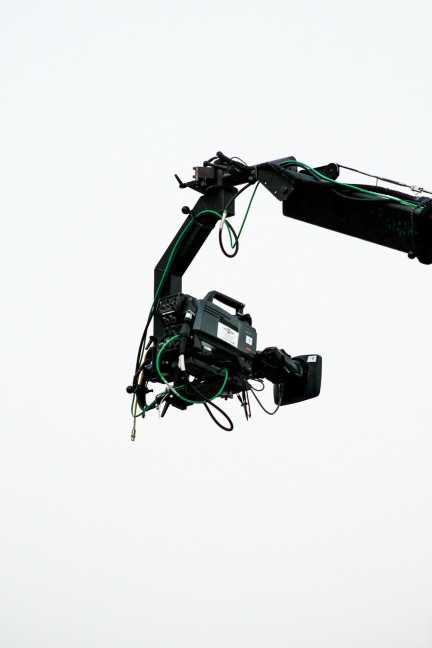Technology has revolutionized nearly every aspect of our daily lives, including how products are produced and manufactured. The impact of technology on modern production methods has been profound, leading to increased efficiency, higher quality products, and reduced costs. From automation and robotics to 3D printing and artificial intelligence, technology is changing the way businesses operate and how products are made.
One of the key ways technology has transformed production methods is through automation. Automation has allowed for tasks that were once done manually to be completed by machines, leading to faster and more efficient production processes. This has resulted in higher productivity levels and reduced labor costs for businesses. In addition, automation has also improved the quality and consistency of products, as machines are able to perform tasks with more precision and accuracy than humans. For example, in the automotive industry, robots are now used to assemble cars, leading to increased speed and precision in the manufacturing process.
Another technology that has had a significant impact on modern production methods is 3D printing. 3D printing, also known as additive manufacturing, is a process in which three-dimensional objects are created by layering material on top of each other. This technology has revolutionized the manufacturing industry by allowing for more complex and customized products to be created at a faster pace. 3D printing has also reduced the need for traditional manufacturing methods, which can be time-consuming and costly. In the aerospace industry, for example, 3D printing is used to produce lightweight and durable parts for aircraft, leading to reduced costs and faster production times.
Artificial intelligence (AI) is another technology that is changing the way products are produced. AI technology can be used to analyze data, improve processes, and make more informed decisions, leading to increased efficiency and cost savings. For example, in the agriculture industry, AI is being used to optimize crop yields by analyzing data on weather patterns, soil conditions, and crop health. This has led to higher yields and reduced waste, benefiting both farmers and consumers.
Overall, the impact of technology on modern production methods has been overwhelmingly positive. Technology has allowed businesses to increase their productivity, improve the quality of their products, and reduce costs. By integrating technology into production processes, businesses are able to stay competitive in an increasingly globalized market. It is clear that technology will continue to play a crucial role in shaping the future of production methods, leading to more efficient and sustainable practices.
In conclusion, technology has had a profound impact on modern production methods, leading to increased efficiency, higher quality products, and reduced costs. From automation and robotics to 3D printing and artificial intelligence, technology is changing the way products are made and how businesses operate. As technology continues to advance, it is clear that the future of production methods will be driven by innovation and technological advancements. Businesses that embrace and integrate technology into their production processes will be better positioned to succeed in a rapidly changing global market.

